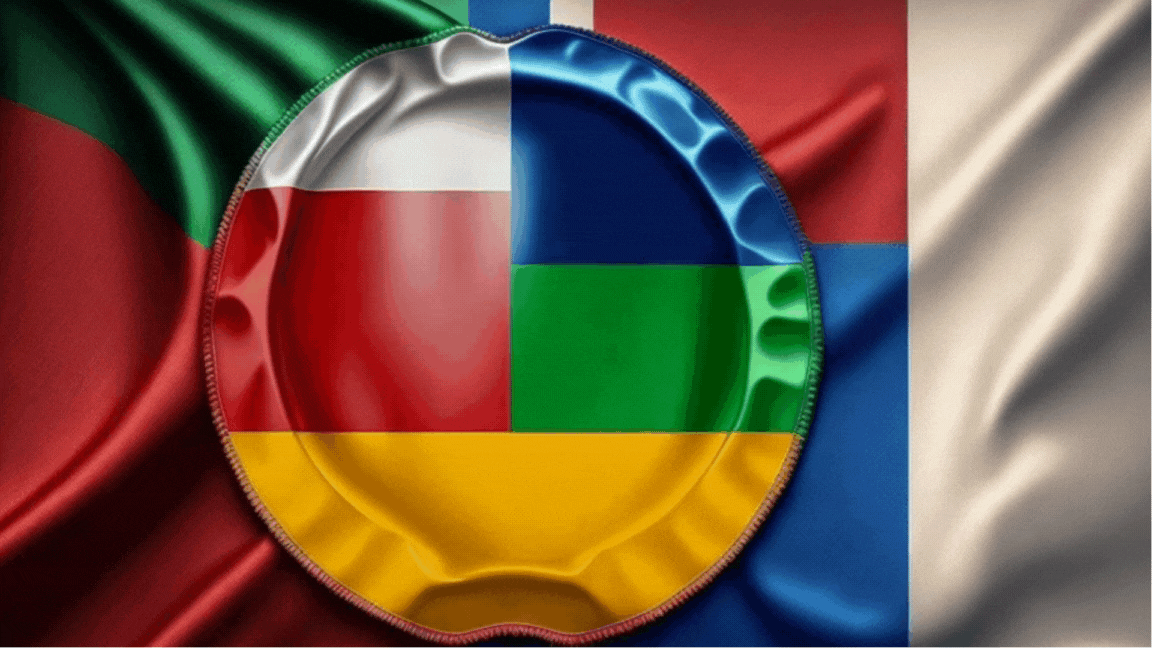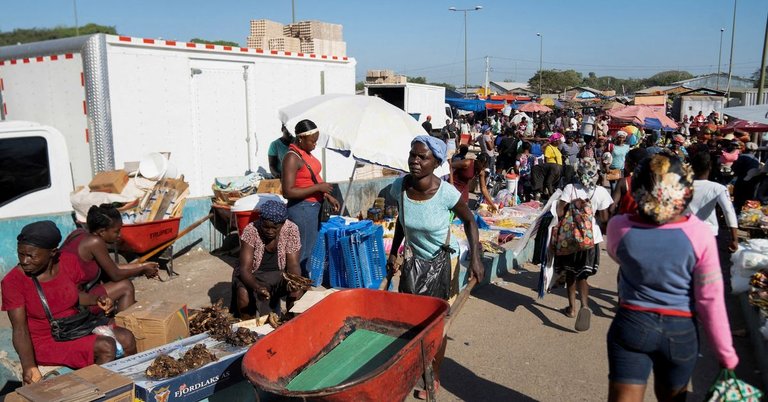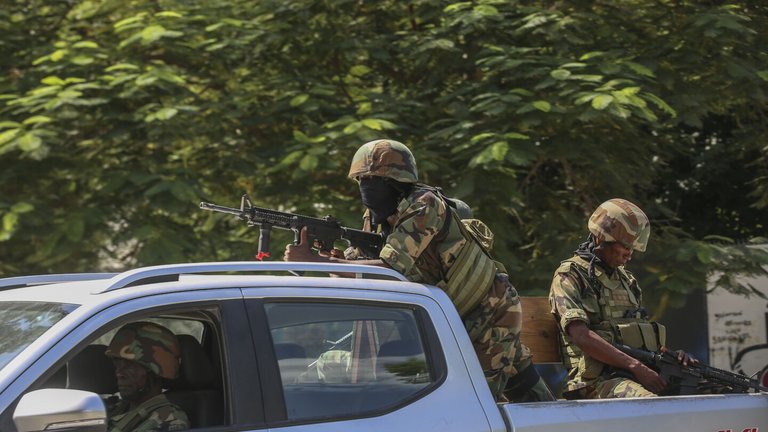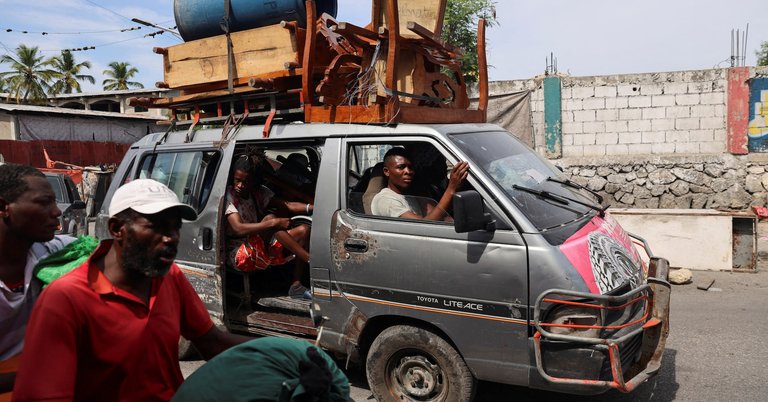The Latin American Report # 350

Haiti
The UN Security Council was the scene of a tense exchange between representatives of Haiti and the Dominican Republic, with the deportation of Haitians from Santo Domingo as the main issue. According to EFE, statements by Antonio Rodrigue, the Haitian ambassador to the international body, were unusually harsh, calling the “massive deportations” not only a violation of fundamental rights but also contrary to international law. In the first twenty days of this month, the Dominican Republic deported some 27,350 Haitians, which in practice means condemning them to the bonfire in which Haitian society is burning—slowly or rapidly, depending on the pace imposed by the criminal gangs.
The Dominican government's intention is to deport 10,000 Haitians every week, while nearly 98% of the individuals deported during the first semester of this year are Haitian nationals, which evidences a very clear pattern. At the United Nations General Assembly, President Luis Abinader had advanced that his country would implement drastic measures to mitigate the consequences at home of the unfathomable Haitian crisis, whose solution sometimes seems to be even further away following the latest events there. “The situation (...) has regrettably worsened,” said UN special envoy for Haiti Maria Isabel Salvador.
 Haitians search for and trade products at a farmer's market in a Dominican border town last March (source of the image).
Haitians search for and trade products at a farmer's market in a Dominican border town last March (source of the image).“The (Haitian) rampant crisis (...) is Haiti's responsibility, aggravated by the lack of support from the international community. We Dominicans were never the cause of its humanitarian, economic or security problems, despite the fact that we continue to have to deal with this crisis for decades, almost single-handedly,” the Dominican foreign minister defended at the quarterly session of the council dedicated exclusively to Haiti. It is true that the Dominican Republic must have more foreign support to attend to the neighboring population that crosses its border fleeing a never-ending nightmare, and also that the assistance of the international community must be comprehensive once and for all so that the country has an organic way out of the crisis.
The security problem
Last Tuesday the Haitian Minister of Justice expressed his concern for the security of Prime Minister ad hoc Garry Conille and other senior officials, claiming to have “consistent and persistent” information that they might be targeted by criminal actors seeking to create “trouble and panic in the country”. In a Port-au-Prince that already has 4/5 of its territory occupied by gangs, the latter try to bite off still relatively “healthy” chunks of the embattled capital. Recent attacks by the well-equipped gang coalition “Viv Ansanm” in the communities of Solino and Tabarre 27 have resulted in the displacement of more than 4,200 individuals. “The security situation remains extremely fragile, with renewed peaks of acute violence,” Salvador told the UN Security Council.
 Source
SourceIn the meantime, the alert on the scarce financial support received by the multinational security mission deployed mainly with Kenyan troops, whose limited progress in the recovery of certain areas of high socio-economic interest has been threatened or experienced setbacks during the latest wave of violence. Two armored U.S. embassy vehicles in Haiti were attacked Monday with one of them being struck, an action condemned by Foggy Bottom. A helicopter with UN personnel on board was also shot this week while flying over a gang-ruled area of Port-au-Prince (the problem of violence is chronic throughout the Caribbean beyond Haiti—undoubtedly the worst-case scenario—, with Jamaica and Trinidad and Tobago as other nations caught up in the scourge of gangs, a phenomenon fueled by the high volume of arms trafficking).
To complete this rather gray picture, the delegitimizing shadow of corruption has reached the presidential council installed to call elections after years of democratic drought following the assassination of former President Jovenel Moïse, while some of its members have clashed with Conille and also between them.
 Source.
Source.And this is all for our report today. I have referenced the sources dynamically in the text, and remember you can learn how and where to follow the LATAM trail news by reading my work here. Have a nice day.


Corrupt governments victimize their people, becoming just another gang.
The civilian population needs to be able to defend itself. Peace through strength. Cowardly thugs will not oppress populations that shoot back. Governments that keep their people disarmed are no better than gangs.
Thanks!